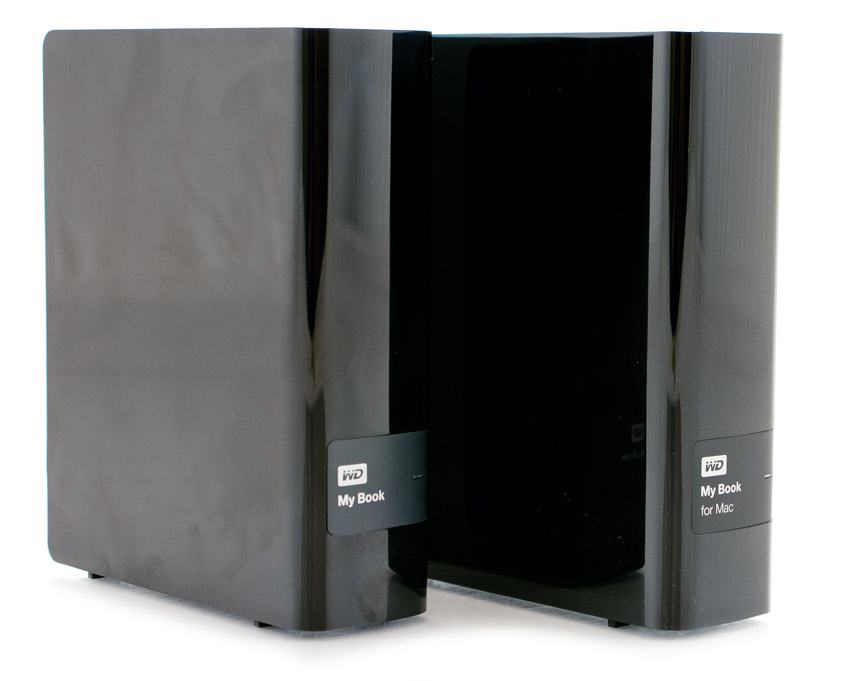
Be sure to unplug this cable when done, as a looped Ethernet cable can cause protocol issues over time.

If more than one cable fails, you either have a lot of bad cables or bad router. Try with more than one cable if the first doesn't work. In that case, the problem is with the WD drive.Īs a final check, plug both ends of one Ethernet cable into two different LAN ports on the router.

If the lights come on, they you know you have a good cable and a good router. If none light, this suggests a problem with the router. The next step is to try connecting the router to a different Ethernet device, such as a laptop. If a different cable doesn't cause the lights to come on it is most likely a problem with the Ethernet ports in either the WD drive or the router. The lights on the router's Ethernet connector and the front panel indicate basic connectivity.Īt this point, you should first try a different Ethernet cable. If the LAN light doesn't come on, the problem isn't with a router setting. The WAN port can't be used to connect to user equipment. I am happy to edit and add any info that you want but which I didn't think to include.First of all, make sure you're using one of the four LAN ports on the router. That said, I am not averse to hardware and I have no problem getting my hands dirty with trying to set up and configure and wire and finagle things if I have some direction.So while I can handle technical jargon, I may not understand terms from this world. I am a developer and I am comfortable with software, but I know little about hardware and next-to-nothing about networking.Is formatted as a single exFAT partition.Has built-in 256-bit AES hardware encryption (but I think you have to intentionally activate it, which I don't really plan to do).I do not intend to access this hard drive from the internet - just from computers connected to this WiFi.It is just intended to be a backup of what is on our laptops, and primary storage of large files which are rarely used and don't need to stay on the laptops. We do NOT intend to watch movies that are stored on the drive, run any files or modify any large files directly on the drive, or anything like that. The intent of the hard drive is just for storing small and large files - essentially what most people would put in cloud storage.(But who knows what the future holds, so recommendations that could handle both simultaneously connected are welcome, too.) So recommendations that can handle only one are perfect. I am planning to only have one of these hard drives connected to the router at any one time.But I'll be happy to edit and add that if you think it would help. Therefore I am not going to list the number and type of devices that are connected.

So I imagine that any "decent" (I know that is subjective) newer router can handle all we plan to throw at it. My current router easily handles all my family currently needs, and we really have no plans of adding anything that I think would call for some super-spec on a new router.My understanding from interweb searches is that the router will not recognize the drive A) due the fact that the hard drive is formatted as exFAT, and/or B) because the drive is encrypted.Īlthough I like my router, I am going to try to use this is a valid excuse to get a new one!Ī WiFi router to which my WD My Book 8TB external hard drive will successfully (see above) connect. When I connect one of these hard drives to my current router, the router does not recognize that the drive is connected. I needed much more storage, and I got a good deal on two WD 8TB My Book drives, so I bought them. (I think I successfully connected a 3TB non-portable WD, but I can't say for sure.)īy "successfully" I mean that the router recognizes that the hard drive is connected, and I can access the hard drive from computers connected via WiFi to the router.
WD MY BOOK 3TB TO ROUTER PORTABLE
I have successfully connected an older WD My Passport Ultra 2TB portable hard drive to it in the past. I have a Netgear AC1750 R6400 WiFi router that I like.


 0 kommentar(er)
0 kommentar(er)
